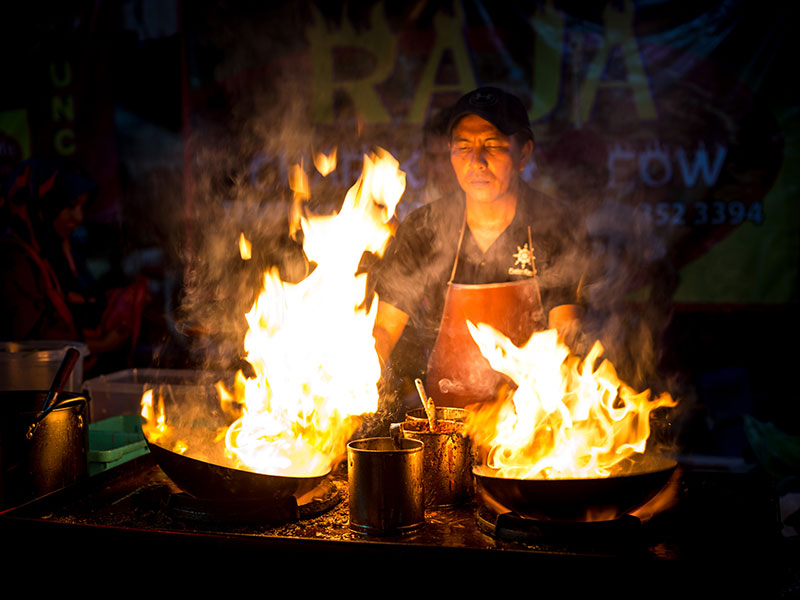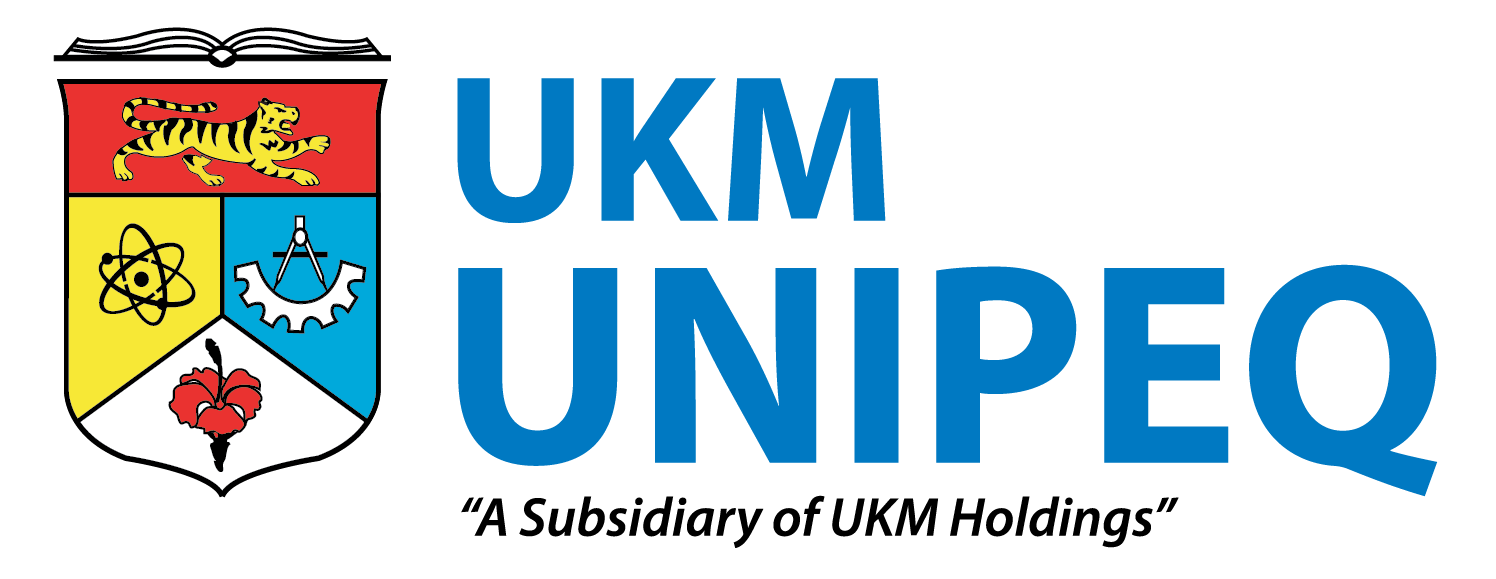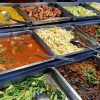
In Malaysia, with its vibrant gastronomic scene, understanding food protection is pivotal for anyone in the food industry. Be it the bustling street food stalls of Penang or the upscale restaurants in Kuala Lumpur, ensuring food safety is paramount. If you’re considering attending a Food Safety Course in Malaysia, preparation is key. Here’s your comprehensive guide to getting ready.
Understand the Importance of Food Safety
Before diving into the course, familiarize yourself with:
- The significance of food protection in the Malaysian point of view.
- The potential consequences of neglecting food safety, from economic impacts to public health concerns.
Familiarize Yourself with Malaysian Food Culture
Given the diversity of Malaysian cuisine, understanding the various:
- Ingredients commonly used.
- Cooking methods, from stir-frying to fermenting.
- Local challenges in food safety, especially in traditional settings.
Review Local Food Safety Regulations
The Ministry of Health Malaysia (MOH) and other regulatory bodies have set guidelines for food safety. Brush up on:
- Current regulations pertaining to food handling and storage.
- Certification requirements for food businesses.
Basic Knowledge of Microbiology
A basic understanding of harmful microorganisms, their growth conditions, and prevention methods will give you a head start. Look into:
- Common foodborne pathogens.
- Preservation techniques that halt or slow microbial growth.
Organize Necessary Documents
Some courses may require:
- Proof of identity (e.g., MyKad or passport).
- Previous educational certificates or work experience details.
Prepare Relevant Questions
To make the most of the course:
- List down queries or concerns you have about food safety.
- Seek real-world examples from the trainers to better understand the Malaysian scenario.
Ensure Technical Preparedness
If the course is online or involves digital components:
- Ensure a stable internet connection.
- Familiarize yourself with the online platform being used.
- Test your audio and video equipment for virtual sessions.
Connect with Fellow Attendees
Engaging with peers can provide:
- Diverse perspectives from various sectors of the food industry.
- Networking opportunities for future collaboration or learning.
Conclusion
Attending a Food Safety Course in Malaysia is a commendable step towards ensuring food safety in this culinary-rich nation. Proper preparation will not only enrich your learning experience but also equip you with the tools to make a tangible impact in the food industry. Remember, it’s not just about compliance; it’s about safeguarding Malaysia’s culinary heritage and the health of its people.




